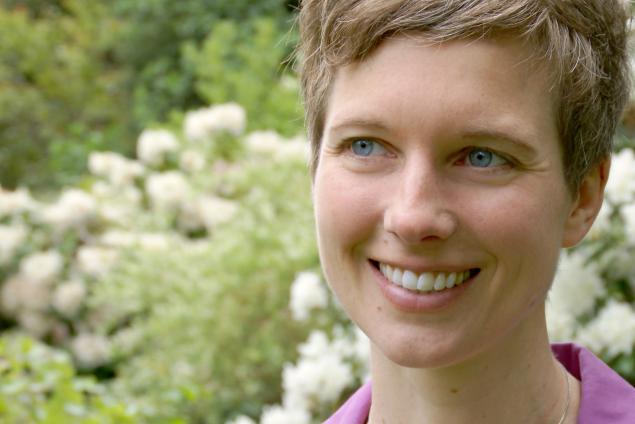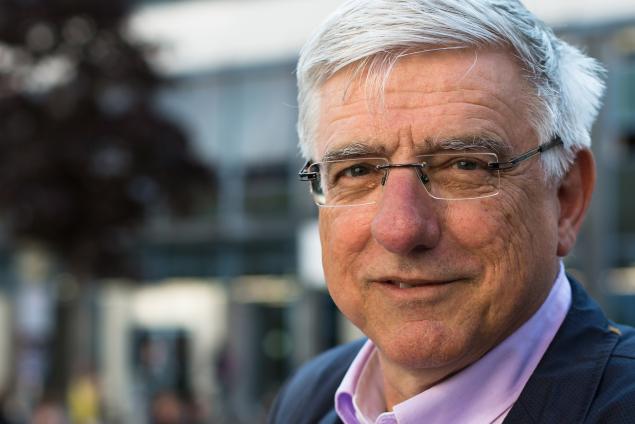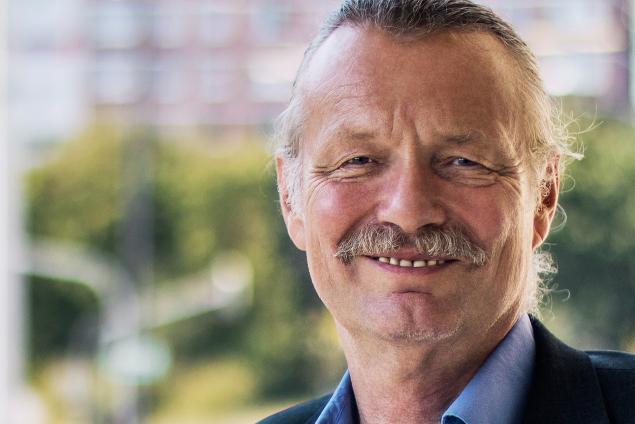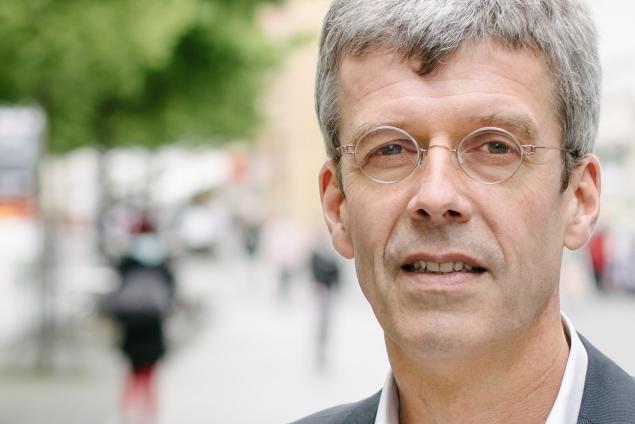Scroll to Section:
There is an extensive discussion about the connections between climate change related disasters and armed conflicts like civil wars. JONATHAN DONGES explains in this video how the research team looked at this relationship in more detail. Their new approach connects natural disasters with large economic effects, potentially related conflicts as well as the socioeconomic contexts. The findings show that in countries with a high ethnical fractionalization the likelihood of armed conflict related to natural disasters is particularly high. This relationship is surprisingly stronger than all other socioeconomic issues like poverty, inequality or the country’s conflict history. The study also reveals a particularly strong impact of heat waves and droughts on a potential armed conflict. The implications of this research call for a more synchronized approach of climate and security policies.
DOI:
https://doi.org/10.21036/LTPUB10336
Institution

Potsdam‐Institute for Climate Impact Research (PIK)
At the Potsdam Institute for Climate Impact Research (PIK), researchers in the natural and social sciences from all over the world work closely together to study global change and its impacts on ecological, economic and social systems. Researchers examine the earth system's capacity for withstanding human interventions and devise strategies and options for a sustainable development of humankind and nature. Interdisciplinary and solution-oriented approaches are a distinctive characteristic of the institute.
PIK generates fundamental knowledge for sustainable development primarily through data analysis and computer simulations of the dynamic processes in the earth system, but also of social processes. PIK members publish their research findings in international publications and advise policymakers in Germany and abroad. In addition to the Federal Government of Germany, the European Commission and a number of other governments, international organizations like the World Bank also benefit from the institute´s expertise. The historic buildings of the institute and its high-performance computer are located on Potsdam’s Telegrafenberg campus (Source: PIK).
Show more
Original publication
Armed-conflict Risks Enhanced by Climate-related Disasters in Ethnically Fractionalized Countries
Proceedings of the National Academy of Sciences
Published in 2016
Reading recommendations
Temperature and Violence
Nature Climate Change
Published in 2014
Event Coincidence Analysis for Quantifying Statistical Interrelationships Between Event Time Series
The European Physical Journal Special Topics
Published in 2016
Civil Conflicts Are Associated with the Global Climate
Nature
Published in 2011
Quantifying the Influence of Climate on Human Conflict
Science
Published in 2013
Climate, Conflict, and Social Stability: What Does the Evidence Say?
Climatic Change
Published in 2014
Climate Change 2014 –Impacts, Adaptation and Vulnerability: Regional Aspects
Published in 2014Climate Change and Violent Conflict
Science (Washington)
Published in 2012
The Collapse of Complex Societies
Published in 1990Is Climate Change a Driver of Armed Conflict?
Climatic Change
Published in 2013
Civil Conflict Sensitivity to Growing-season Drought
Proceedings of the National Academy of Sciences
Published in 2016
Beyond
A Ground-breaking Scientific Revolution
An Alarming Challenge for Society
If I Had a Second Life
A Personal Reading Recommendation




